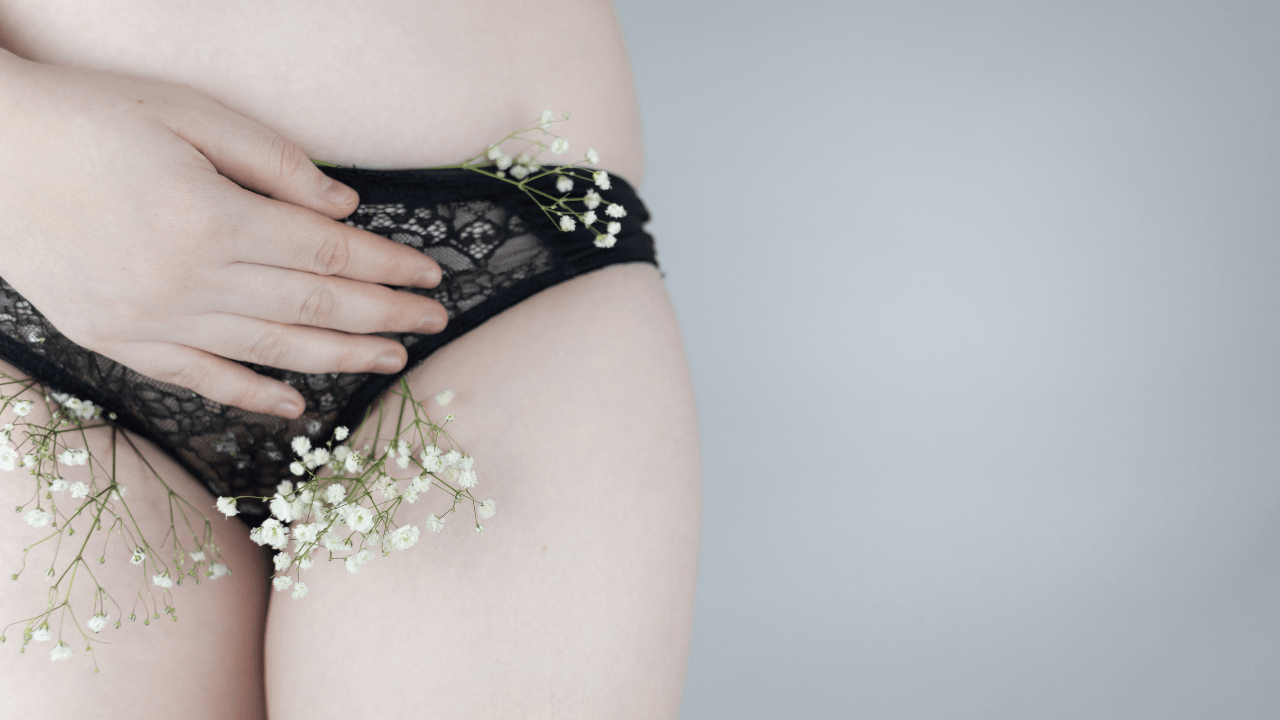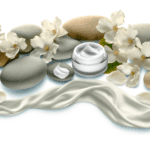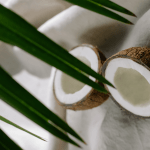Chemical preservatives have been shown to disrupt hormone function in animals. However, recently, there has been a study confirming the same disruptions involving human tissues.
Should we care about this study?
Well it depends – but if your health is important to you or if you are concerned about your health issues that can result from chemical preservatives – The answer is yes: The Cedars Sinai study is incredibly important.
It is important because testing harmful effects of preservatives cannot be done in human trials (this would be unethical) so studies have to be extrapolated and completed in animals. The human tissue study results are astonishing.
Chemical preservatives can be found everywhere around you. It is found within foods designed to prevent bacteria growth, spoilage, and food separation. It is also found within the cookware products you use to prepare your food. And then there is plastic packaging, plastic containers, plastic toys… and the list goes on. We are constantly exposed to toxic chemicals in our environment that can harm our health.

So, whether these chemicals are in plastic, cookware products, or food preservatives, the chemical contributes to disruption of our hormone function and production.
Disrupting your hormone function and production can lead to some very severe consequences and the development of serious health issues such as obesity or being diagnosed with high blood pressure. Exposure to chemical preservatives can also cause fetal disorders during pregnancy. Exposure can further disrupt the hormones that are responsible for vaginal dryness and discomfort, which may lead to less joyful moments in your partnership due to painful intercourse, or even bacterial vaginosis, which is bad in itself and will also weaken the immune system.

The good news is that there are alternatives making it easy for you to reduce the amount of plastic you and your family come into contact with. Here are some ideas for you to start:
- Opt for stainless steel bottles that can work for the entire family, from babies to kids to adults.
- Look for food products stored in glass rather than plastic and store leftovers at home in glass or ceramic containers as well.
- Avoid plastic labeled with the recycle symbol #3 which is made of PVC.
- Try not to heat food or liquids in plastic or pouches. High heat allows plastic to leach chemicals faster
Remember that every step you take to get rid of toxic chemicals can have a positive impact on your health by reducing your burden on your body and the amount of chemicals present in your body.









